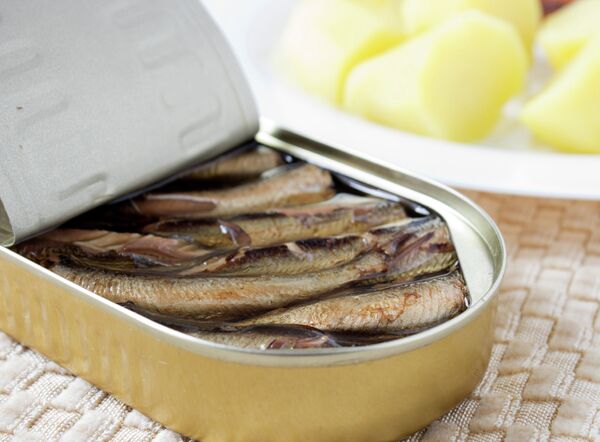MOSCOW, January 13 (RIA Novosti) – Russia said Monday that it has discovered unacceptable levels of a cancer-causing chemical in sprats imported from Latvia and plans to prevent sales of the oily canned fish around Moscow.
Samples of sprats taken during a border control inspection revealed levels of benzopyrene during lab testing that were above Russia’s allowed standard, the government food safety inspector said.
The safety inspector said it has set up stricter laboratory checks over sprats from the Latvian producer SIA Randa Klavas.
The statement did not specify how much of the chemical it found in the fish or what is considered an acceptable amount by Russian authorities.
Benzopyrene is a carcinogen that can be created during food manufacturing processes, such as heating oil at a high temperature. Scientists say the chemical can be dangerous to consume even in small quantities.
In the past, countries whose food exports were subject to Russian bans over purported health concerns have accused Moscow of using the measure to exert political pressure. Russia barred products from a chocolate manufacturer in Ukraine last year just as Kiev was contemplating building closer ties with the EU.
Bilateral relations between Latvia and Russia have been strained recently by the Baltic nation’s decision to adopt the euro currency starting January 1.




